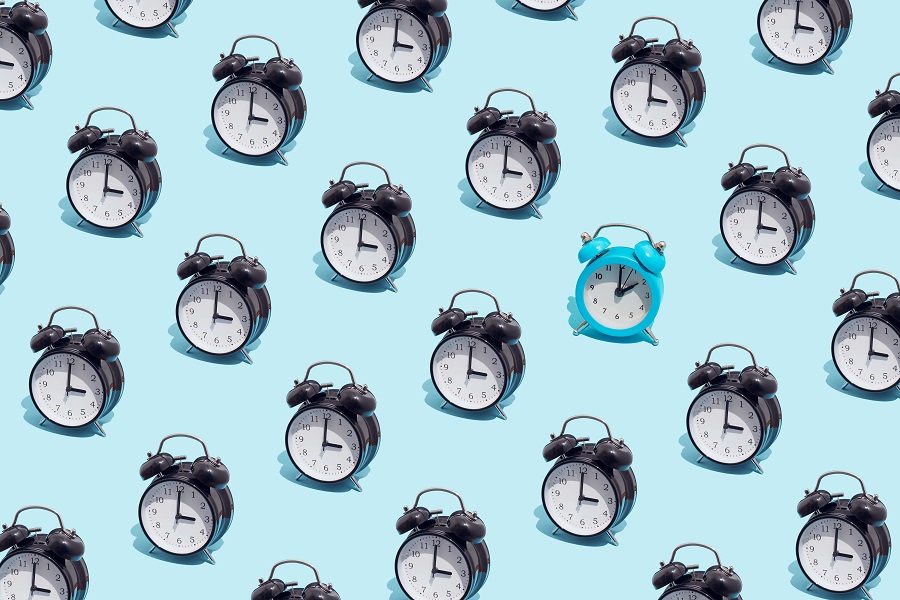
Daylight saving time will officially end on November 5 when people in the United States turn back their clocks at 2 a.m.
Michael Howell, MD, with the University of Minnesota Medical School and M Health Fairview, speaks about how sleep health is impacted by “falling back” and what people need to know as we head into the winter months
Michael Howell
“Coming off of daylight saving time gives us an opportunity to understand the importance of our body’s circadian rhythm. Your body’s 24-hour clock helps you subconsciously understand what time it is during the day. For a tremendous number of us, the time that your body thinks it is doesn’t match up with the actual time.”
“One thing I like about the fact that we switch back and forth with daylight saving time is that it allows us to understand how important sleep is. For many people, that extra hour of sleep is going to make them feel quite a bit better. You can feel that good every single day if you take care of your sleep challenges. Whether you struggle with something like sleep apnea, restless leg syndrome or insomnia, there are strategies to help you sleep better and feel better during the day.“
“With winter coming, it gets darker earlier and stays dark longer, which can make it difficult to sleep or stay awake sometimes. There are several things you can do to cope. Get bright light in the morning—sunlight if possible, or with a light box if you're waking up before sunrise. Watch your caffeine and alcohol intake in the evening. Give yourself the opportunity to dim the lights down in the evening. Do your best to minimize screen time before bedtime. If you absolutely have to be on a screen the hour before bedtime, at the very least dim it. Put on a blue light blocking software so you're not getting that blue wavelength of light, which can interfere with our ability to get a good night's rest.”
Contact
Michael Howell, MD
Professor at the University of Minnesota Medical School
Email: [email protected]
Download a high resolution photo of Dr. Howell.
Dr. Michael Howell is a professor at the U of M Medical School and a sleep medicine physician with M Health Fairview who specializes in neurology and sleep health. His clinical care and interests include REM sleep behavior disorder, sleep walking and related disorders, sleep-related eating disorder, violent sleep behaviors and traumatic brain injury.
-30-
About “Expert Alert"
University of Minnesota experts can provide commentary, insights and opinions on various news topics. Find selected experts on UMN’s Experts Guide or send requests to [email protected].
About the University of Minnesota Medical School
The University of Minnesota Medical School is at the forefront of learning and discovery, transforming medical care and educating the next generation of physicians. Our graduates and faculty produce high-impact biomedical research and advance the practice of medicine. We acknowledge that the U of M Medical School, both the Twin Cities campus and Duluth campus, is located on traditional, ancestral and contemporary lands of the Dakota and the Ojibwe, and scores of other Indigenous people, and we affirm our commitment to tribal communities and their sovereignty as we seek to improve and strengthen our relations with tribal nations. For more information about the U of M Medical School, please visit med.umn.edu.




